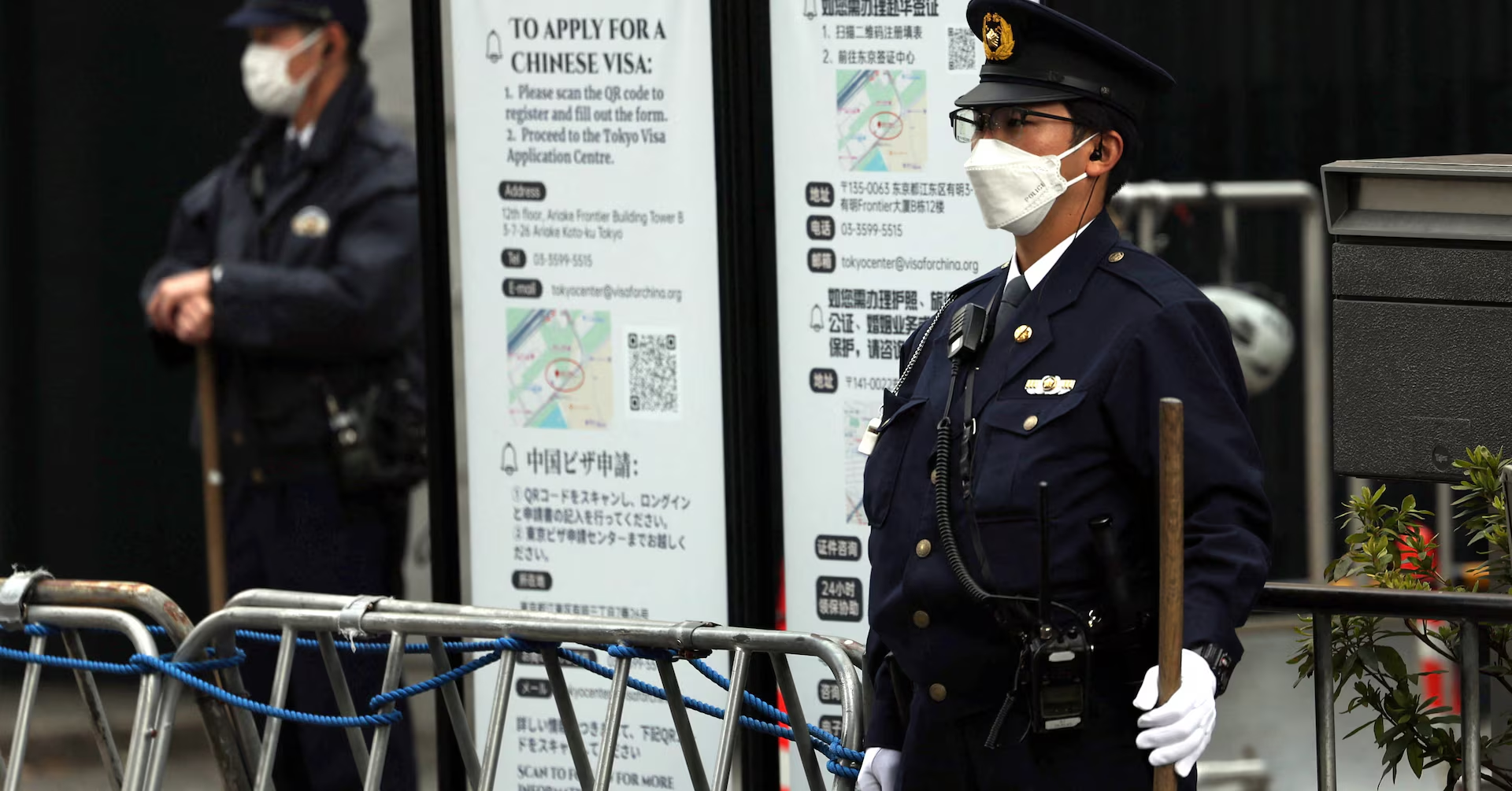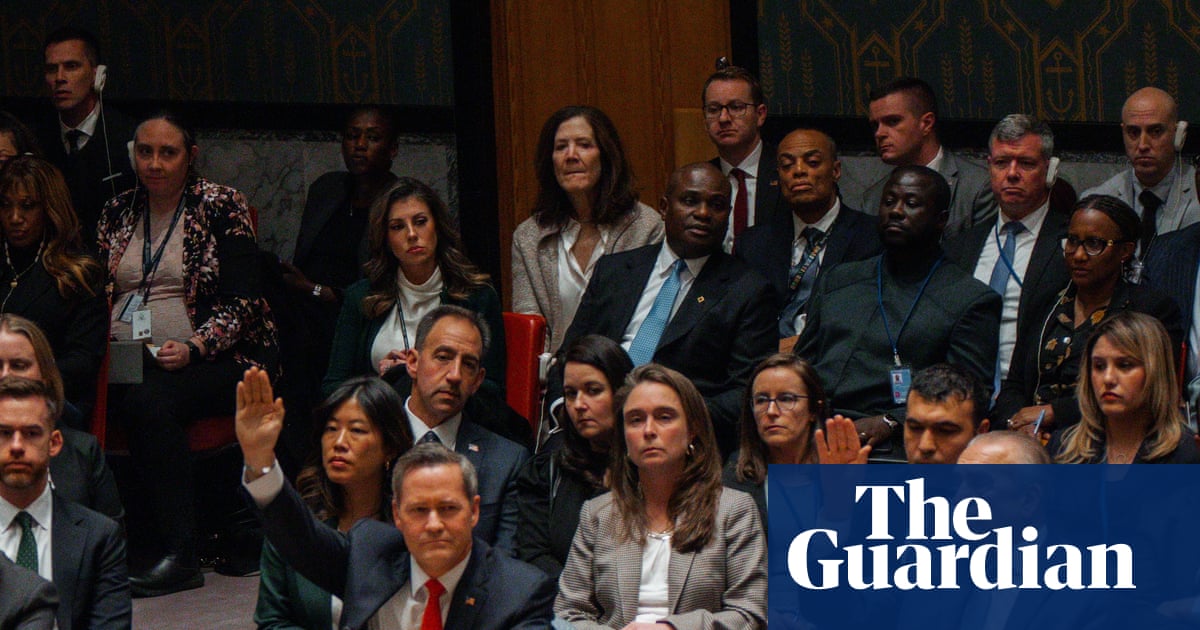A bus crash in Saudi Arabia claimed the lives of 45 people, with mostly Indian pilgrims on board. One sole survivor remained, and is now undergoing treatment in a Saudi hospital, according to Hyderabad Police Commissioner V C Sajjanar.
The…

A bus crash in Saudi Arabia claimed the lives of 45 people, with mostly Indian pilgrims on board. One sole survivor remained, and is now undergoing treatment in a Saudi hospital, according to Hyderabad Police Commissioner V C Sajjanar.
The…


Chinese travellers are estimated to have cancelled hundreds of thousands of tickets to fly to Japan amid reports of suspended visa processing and cultural exchanges as a diplomatic dispute over Japan’s stance on Taiwan continues.
Under pressure…

Ukraine on Monday signed a letter of intent to buy up to 100 Rafale warplanes, drones, air defence systems and other key equipment from France over the next 10 years, as part of efforts to strengthen the country’s long-term security….

Chinese state media says distributors made ‘prudent’ decision to postpone releases due to audience sentiment.
Published On 18 Nov 2025
Chinese film distributors have suspended the release…

BEIJING/TOKYO, Nov 18 (Reuters) – Japan…

New Delhi, India – Shima Akhter, 24, was in the middle of football practice when her friend stopped the session to break some news for her: Sheikh Hasina, the fugitive former prime minister of Bangladesh, had been sentenced to death.
To the…

The releases of at least two popular Japanese films have been postponed in China amid a dispute over Prime Minister Sanae Takaichi’s remarks concerning Taiwan.
The delayed releases include Cells at Work! and Crayon Shin-chan the Movie: Super Hot!…

The UN security council has endorsed proposals put forward by Donald Trump for a lasting peace in Gaza, including the deployment of an international stabilisation force and a possible path to a sovereign Palestinian state.
The resolution, passed…